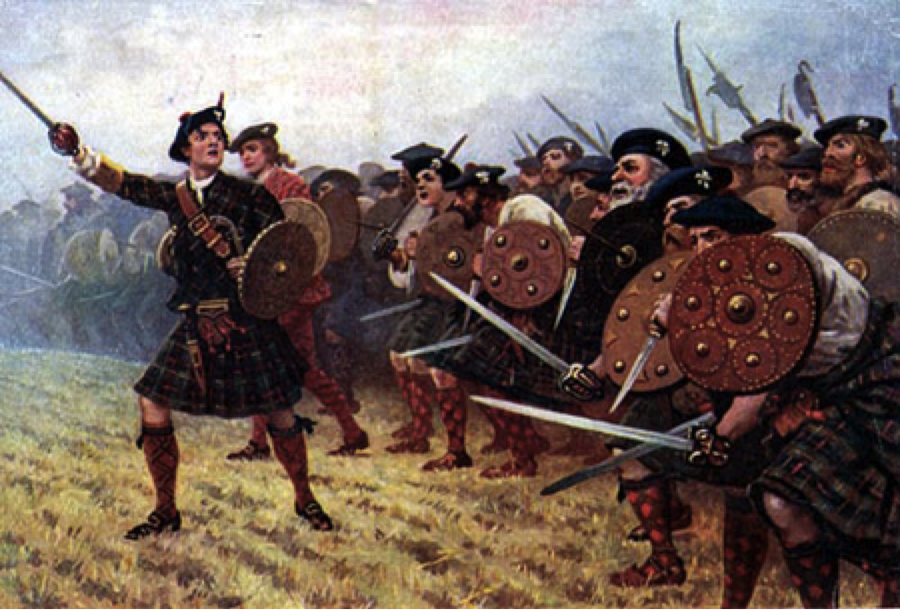Daniel Szechi is a Professor of Early Modern History at the University of Manchester. He has researched the Jacobites extensively and has written various books on the rebellion. We spoke to him about the 1745 Rising and how a Jacobite victory could have changed the course of history…
Why did Bonnie Prince Charlie return in 1745?
He was in France after hearing of the planned (but cancelled) French invasion attempt in 1744. He had been kicking his heels for over a year waiting to see if the French would revive the plan allow him to serve in the French army. When it became apparent that neither thing was going to happen, he started to launch his own secret preparations for Scotland.
How many of the Highlanders were supportive of the Young Pretender?
Charles landed in July and only mustered enough troops to march south in November.So it takes quite a while. The problem is that the Scot Jacobites had always said that they would turn out in serious numbers if they had the assistance of a French army. Charles arrived virtually on his own with only one small ship full of weapons.

How weakened was the British Army by the war in Europe?
Considerably weaker. The garrison for Scotland was greatly reduced to reinforce the British army in Europe when Charles arrived. Britain was fighting in the war of the Austrian Succession and not doing very well.
Was London ever concerned?
They weren’t until the Jacobites came over the English border. Then they got increasingly concerned. There is panic in London when the Jacobites are thought to be coming south from Derby. It was, too, a financial panic and the Whig establishment was consequently mightily alarmed.
What was the key battle/turning point of the rebellion?
I think Falkirk was equally as important as Culloden. The Jacobites scored a key victory at Falkirk and if they’d realized fully their situation, they might have followed this up and another British army would have been completely smashed rather than escaping in disorder and able to recover and fight another day.

How did Scotland change after the uprising?
The destruction of all means of life certainly occurs in areas that were deemed as ‘rebellious’. Intimidation and collective punishment are the initial orders but in the long term there was some move towards disconnecting clansmen from the chieftains. This was presided over by a government agency in the Highlands. In the short term, British army garrisons are maintained to end the threat. Legislation is made to eliminate the powers of the clan chieftains and many of the Jacobite soldiers are recruited to fight for the British Army.
What would have happened if the Jacobites had won?
The most obvious is that there would be no need for a Scottish referendum on independence because Scotland would have been separated from England. Economically, it would have enjoyed a privileged relationship with France. Scotland would have been unplugged from the new English Empire. In England, Catholics would have had full religious civil rights. Would Charles have been busy turning England Catholic? Not in a million years. The man had no religious feelings at all.
England under a Stuart King would have been an ally of France, not an enemy. The American Revolution was only possible due to French intervention so if there was a revolution, there would have been no French help to it succeed. Could England alone have then suppressed the Americans? I cannot say.

For more on brutal rebellions and heroic uprisings, purchase the new issue of History of War at our online shop or subscribe now and get 30% off!
